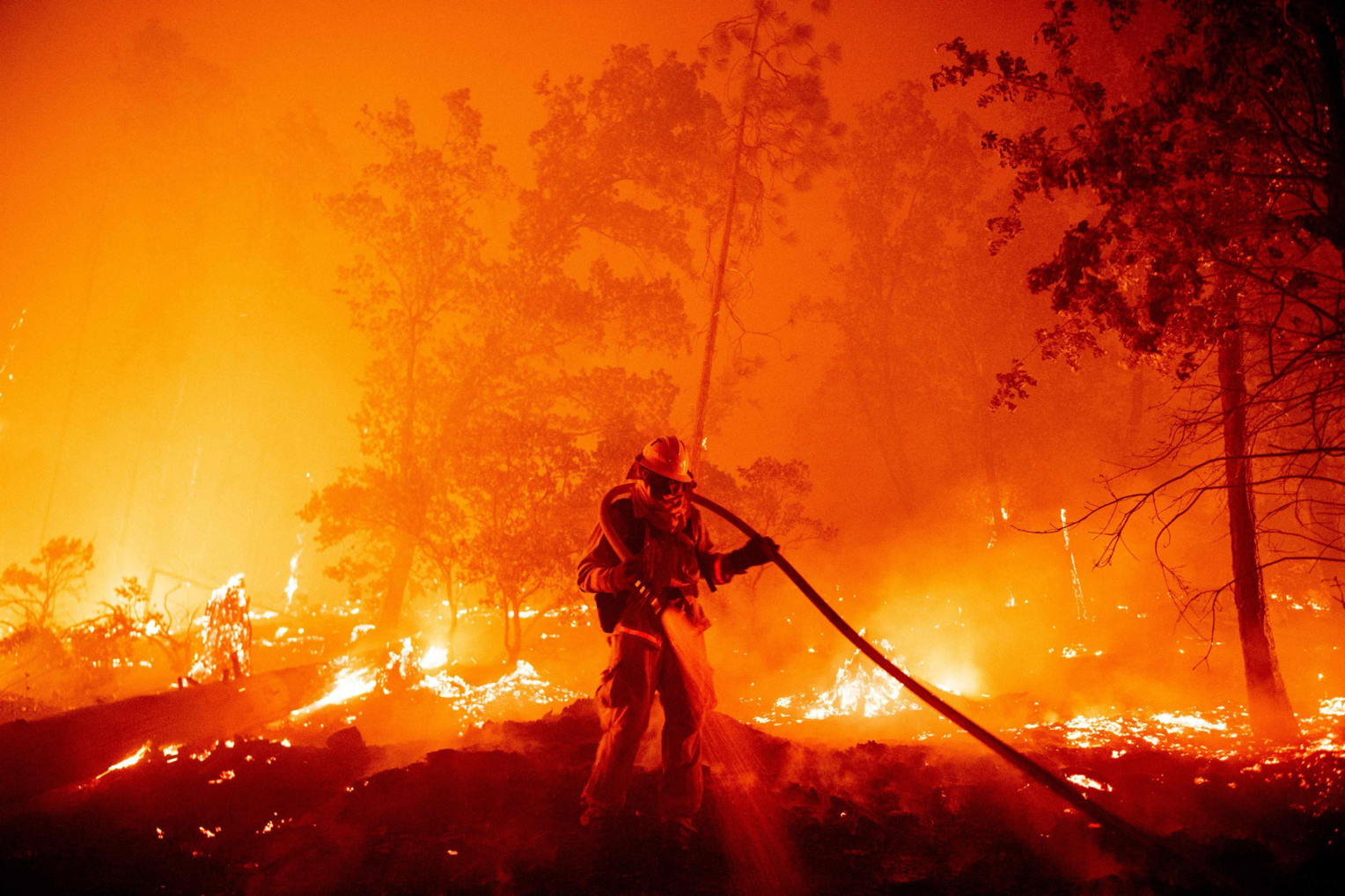The new green face paint of the British press is not simply a consequence of public opinion. It’s also a response to new Government policy
Like a shrinking Antarctic ice shelf, collapsing into the sea in the face of global warming, the climate scepticism of large parts of the UK press is finally starting to melt away.
Earlier this month, The Times, which had caused scientists to despair at its apparent support for climate change denial, ran an editorial in support of Government proposals for new taxes to combat carbon emissions. “It is the right approach,” the paper concluded.
On 30 January, Natasha Clark, political correspondent at The Sun, tweeted that she was “delighted to be taking on environment, green and climate news ahead of COP26”, the UN change conference in Glasgow in November. In October The Sun launched a Green Team campaign so that “every reader can help save the planet” (and maybe win some vegan sausages).
Most surprisingly, the Daily Express, for so long the loudest-ranting climate denier on the UK newsstand, turned its Crusader icon the colour of an avocado on 8 February and implored its readers to “Join our green Britain revolution!”
Alongside that front-page headline were logos of such unlikely Express bedfellows as Greenpeace and Solar Energy UK, and a photo of Boris Johnson and Rishi Sunak larking around with an electric vehicle charging gun.
Here is a clue to what’s going on. The new green face paint of the British press is not simply a consequence of public opinion. It’s also a response to new Government policy. Downing Street is working hard to bring the Tory press in line with Boris Johnson’s strategy for a “green industrial revolution” to underpin economic recovery and establish the UK’s reputation as a champion of clean energy ahead of the UN summit.
This is welcome, if worryingly late in the day. It is also deeply ironic. Five years ago at COP21, that moment in Paris where global leaders united to fight global warming, much of the UK press viewed the euphoria with cynicism. In December 2015, the month the Paris Agreement was adopted, The Daily Telegraph ran a piece about unseasonal weather, headlined “I can’t stand this December heat, but it has nothing to do with global warming”. It was written by Johnson, its star columnist.
Sun headlines back then included “Climate fear is bonkers” and “Spending £6bn so foreigners can be green is mad”. The Times’s coverage, notably a post-Paris piece by the environment editor Ben Webster headlined “The planet is not overheating, says professor”, prompted climate experts including the former UK chief scientist Robert May and former chief executive of the Meteorological Office Julian Hunt, to complain to Times editor John Witherow.
They accused the paper of being unduly influenced by Nigel Lawson’s climate sceptic Global Warming Policy Foundation (GWPF) and running articles which appeared “designed to undermine the credibility of climate science”.
Founded in 2009 when the UK press was greener than it is now and climate activist James Murdoch was running his father’s newspapers, the GWPF has exploited Lawson’s connections to shift the debate. By 2011, the think-tank was getting five times more space in the Daily Mail than any other source on climate change. It found an ally in the late Christopher Booker, columnist for The Sunday Telegraph, where Lawson worked before entering politics.
Most climate-sceptic of all was the Express, then owned by Richard Desmond. “What global warming?” asked a piece written by the paper’s “Science and paranormal correspondent”, crudely mangling data to reject scientific findings that 2015 was the hottest year on record.
Such journalism has consequences. Bob Ward, of the Grantham Research Institute on Climate Change and the Environment, has often been frustrated in challenging articles by a cadre of climate sceptic writers, including Melanie Phillips and Viscount Ridley, because editors and the press regulator, Ipso, defend an op-ed columnist’s right to their point of view.
“Very few editors have a scientific background and they tend to think of subjects being matters of opinion,” he says. “Whereas in science there are things that are facts and things that are not.”
Papers belatedly rejecting climate scepticism should be candid about their change of heart. Gary Jones, editor of the Express, promises that its Green Britain campaign will be “highlighting the issues affecting us all and future generations in the run-up to [COP26] and beyond”. He admitted to the Press Gazette that the paper previously “neglected to highlight the most important issue we face”. Even so, I imagine some Express readers are mystified by the switch.
“People admitting they are wrong and explaining why is a powerful way of helping change the narrative, rather than pretending that’s what you thought all along,” says Ward. “I’m afraid that newspapers just have a problem with ever admitting that they were wrong.”




